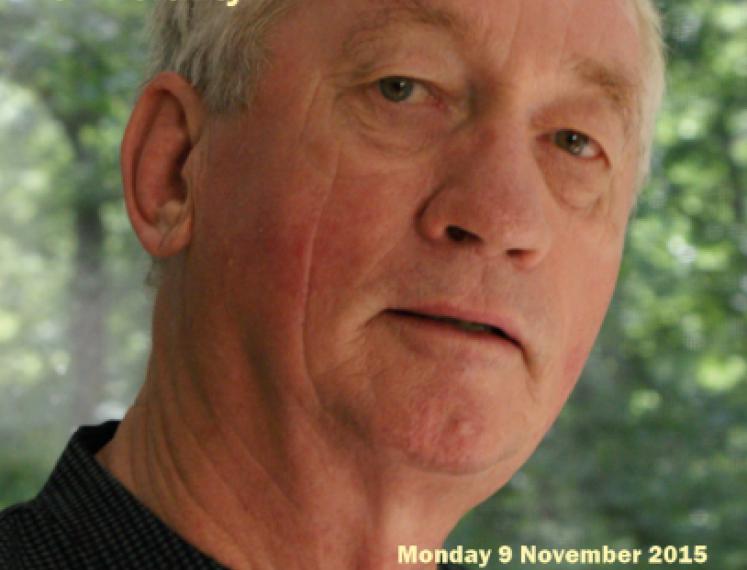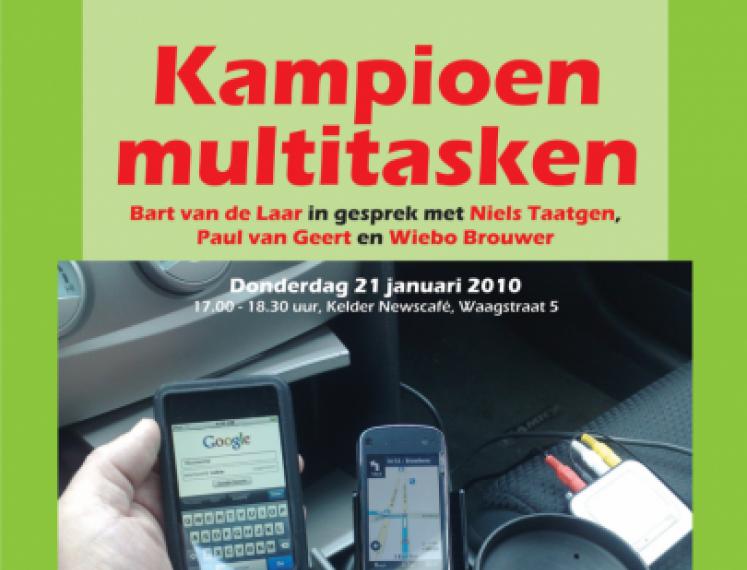
Stadsschouwburg
Turfsingel 86
Groningen
Nederland
Frans de Waal
Do we have an instinct for compassion? Or are we, as is often assumed, only on earth to serve our own survival and interests? Primatologist Frans de Waal will demonstrate that animals–and humans–are "preprogrammed to reach out."
Homo homini lupus – “man is wolf to man” - is an old Roman proverb popularized by Thomas Hobbes. Even though it permeates large parts of law, economics, and political science, the proverb fails to do justice to our species’ thoroughly social nature as well as to canids (dogs, wolves, foxes), which are among the most gregarious and cooperative animals. For the past quarter century, this cynical view has also been promoted by an influential school of biology, but Charles Darwin himself saw things differently. He believed in continuity between animal social instincts and human morality. Modern psychology and neuroscience support Darwin’s view about the moral emotions.
In this lecture, primatologist Frans de Waal shows how empathy comes naturally to a great variety of animals, including humans. In his work with monkeys and apes, De Waal has found many cases of one individual coming to another's rescue in a fight, putting an arm around a previous victim of attack, or other emotional responses to the distress of others. By studying social behaviors in animals, such as bonding, herd instinct, forming of trusting alliances, expressions of consolation, and conflict resolution, he demonstrates that animals - and humans - are preprogrammed to reach out, questioning the assumption that humans are inherently selfish. How can our understanding of empathy's survival value in evolution help to build a more just society based on a more accurate view of human nature?
Frans B. M. de Waal is a Dutch/American biologist and primatologist known for his work on the behavior and social cognition of primates. His scientific work has been published in journals such as Science, Nature, Scientific American, and outlets specialized in animal behavior. His popular books - translated into over twenty languages - have made him one of the world's most visible primatologists. His latest book is Are We Smart Enough to Know How Smart Animals Are? (Norton, 2016). De Waal is C. H. Candler Professor in Psychology and Director of the Living Links Center at Emory University, and Distinguished Professor at Utrecht University. He has been elected to the (US) National Academy of Sciences and the Royal Dutch Academy of Sciences. In 2007, he was selected by Time as one of The Worlds’ 100 Most Influential People Today.
Organized by the Faculty of Philosophy in cooperation with Studium Generale Groningen and the Stadsschouwburg. It is part of a series of lectures by prominent thinkers, organized on the occasion of the 50th anniversary of the Faculty of Philosophy of the University of Groningen.

